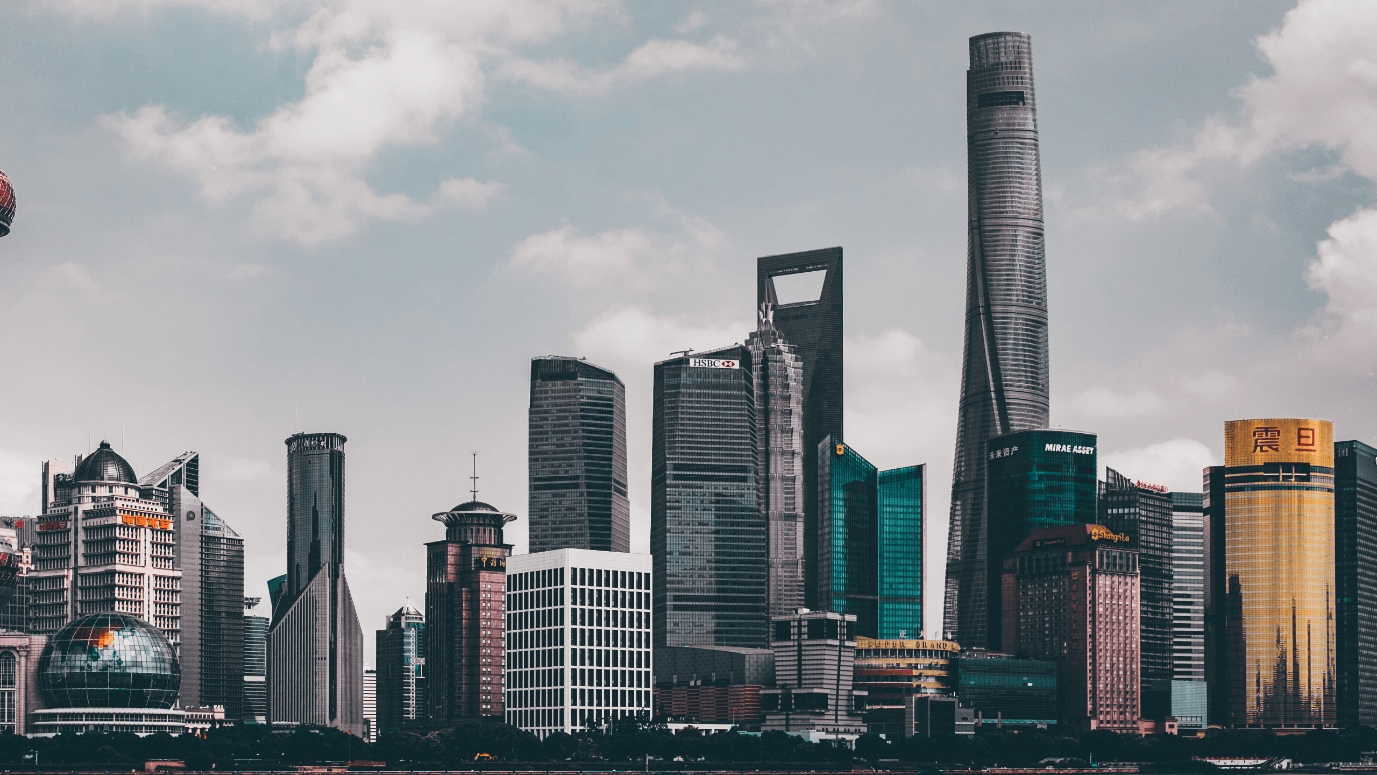
Why Skills-First Leadership Is Replacing the Ivy League Playbook in the C-Suite
The old prestige pyramid—where Ivy League degrees and blue-chip consulting backgrounds paved the way to the CEO seat—is cracking.

November 10, 2021: -On Monday, the U.S. Federal Reserve warned of potential spillover from China’s real estate troubles to the U.S. financial system.
Since this summer, indebted developer China Evergrande has rattled global investors as the company has attempted to avoid official default. Other Chinese developers have struggled to repay debt, adding to concerns of broader fallout in the world’s second-largest economy, roughly a quarter of which is driven by real estate.
“Stresses in China’s real estate sector can strain the Chinese financial system, with possible spillovers to the U.S,” the Federal Reserve said in its financial stability report.
The report pointed to the size of the economy and financial system, and global trade links.
The bulk of the document discussed domestic U.S. financial conditions, from historically high stock market prices to risks from growth in stablecoins digital currency tied to a fixed value such as the U.S. dollar.
“The nexus of the Fed’s concern is that China’s real estate activity is slowing, but the developers have big debts, and some of them are diversified into other areas of the economy,” Paul Christopher, U.S.-based head of global market strategy at Wells Fargo Investment Institute, said in an email.
These wide-reaching links mean a slowdown in China’s housing market could lead to unemployment, a drop in Chinese stocks, and deflation which could spread through global trade channels as China cuts its purchases of goods from different countries, Christopher said.
However, he said the fallout is unlikely. “China’s government has been wrestling with high corporate debt for years, is alert, and has resources to deal with the real estate sector,” Christopher said, which noted the authorities can still spend more to address a deflationary shock, as they have in the past.
The Fed’s report analyzed the role of retail investors and social media in stock market volatility earlier this year and the part of foreign investors in a sell-off of Treasurys in March 2020.

The old prestige pyramid—where Ivy League degrees and blue-chip consulting backgrounds paved the way to the CEO seat—is cracking.

Loud leaders once ruled the boardroom. Charisma was currency. Big talk drove big valuations.

But the CEOs who make history in downturns aren’t the ones with the deepest cuts

Companies invest millions in leadership development, yet many of their best executives leave within a few years. Why?

The most successful business leaders don’t just identify gaps in the market; they anticipate future needs before anyone else.

With technological advancements, shifting consumer expectations, and global interconnectedness, the role of business leaders

Following a distinguished Law Enforcement career Joe McGee founded The Securitatem Group to provide contemporary global operational specialist security and specialist security training products and services for private clients, corporate organisations, and Government bodies. They deliver a wide range of services, including complete end-to-end protection packages, close protection, residential security, protection drivers, and online and physical installations. They provide covert and overt investigations and specialist surveillance services with a Broad range of weapons and tactical-based training, including conflict management, risk and threat management, tactical training, tactical medicine, and command and control training.

Jay Wright, CEO and Co-Owner of Virgin Wines infectious energy, enthusiasm, passion and drive has been instrumental in creating an environment that encourages talent to thrive and a culture that puts the customer at the very heart of every decision-making process.

Fabio de Concilio is the visionary CEO & Chairman of the Board at Farmacosmo, a leading organization dedicated to mental health and community support services. With a deep commitment to identifying and meeting customer needs, Fabio ensures that high standards are maintained across the board.

Character Determines Destiny – so said Aristotle. And David CM Carter believes that more than anything else. For David, it has been numerous years of research into codifying Entelechy Academy’s 54 character qualities that underpin everything he stands for as a leader and teacher.


Leave us a message
Subscribe
Fill the form our team will contact you
Advertise with us
Fill the form our team will contact you